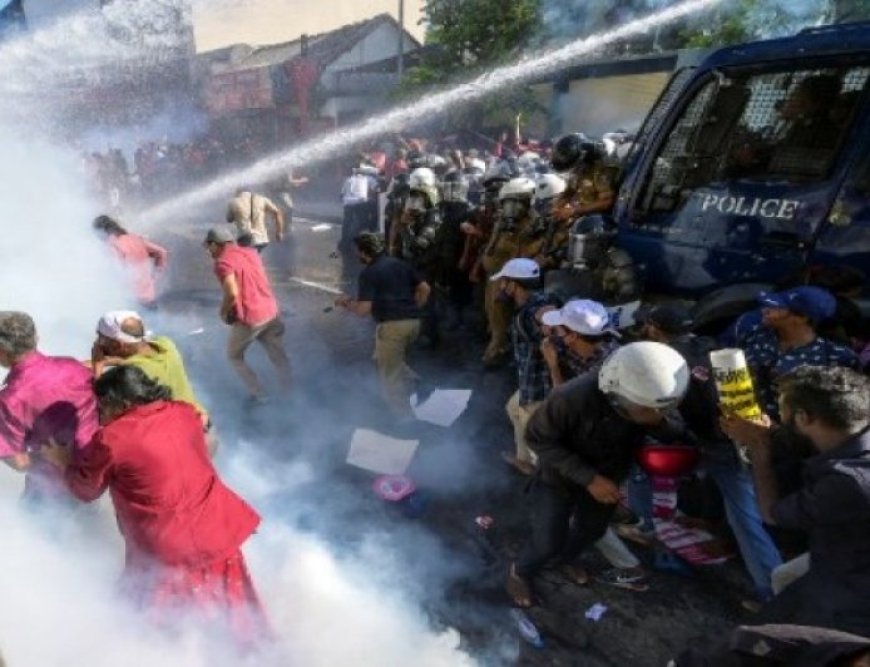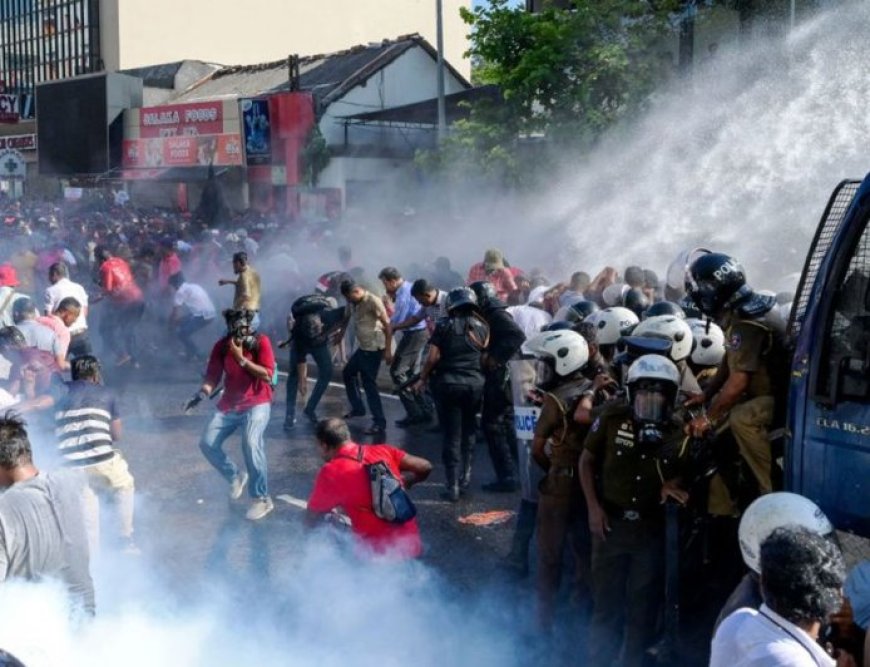Strikes are banned in key sectors in Sri Lanka, protests are on the rise
Sri Lanka's government has banned strikes in several key sectors. The government of the economically bankrupt South Asian country made the announcement on Tuesday (February 28).

Sri Lanka's government has banned strikes in several key sectors. The government of the economically bankrupt South Asian country made the announcement on Tuesday (February 28).
The move came a day before a one-day national strike by Sri Lankan unions, originally part of a protest against massively high tax and utility bills. The Times of India reported this information in a report on Wednesday (March 1).
According to the report, anger among Sri Lankans is growing against President Ranil Wickremesinghe as his government has cut spending and raised taxes on people to get IMF loans after more than a year of economic and political turmoil.
President of Sri Lanka
- Sri Lankan President Ranil Wickremesinghe has used his executive powers to issue orders to keep "essential services" open, the office of the Sri Lankan president said. This effectively prohibited planned trade union action.
A statement said, 'including maintenance facilities for public transport, food or coal, oil, fuel supply, road, rail or air transport. . President Wickremesinghe has declared airports, ports and railways as urgently needed services.

It has also been informed that anyone who disobeys this order regarding essential services risks losing their job.
More than 40 trade unions in Sri Lanka, including bank employees and government hospital workers, said they would not work on Wednesday to protest the doubling of tax rates from January, the Times of India said.
Wickramasingh
According to the media, despite the order of the Wickramasinghe government, the trade unions are determined to hold their scheduled strike on Wednesday. Joseph Stalin, a member of the Sri Lankan Teachers Trade Union, said that after the trade unions announced the strike, the government issued a gazette regarding the continuation of essential services.
It should be noted that after gaining independence from Britain in 1948, this is the first time that the South Asian island country of Sri Lanka has faced such a difficult economic problem. The government of President Ranil Wickremesinghe has asked the IMF for an emergency loan of 2.9 billion dollars to revive the country's economy after being plagued by crisis for a long time.
Without this loan, it may be virtually impossible for the country to turn around. But the IMF has given some conditions to Sri Lanka in disbursing the loan. And because of this, it is believed that the government has decided to increase taxes on people along with reducing expenditure.
What's Your Reaction?











































